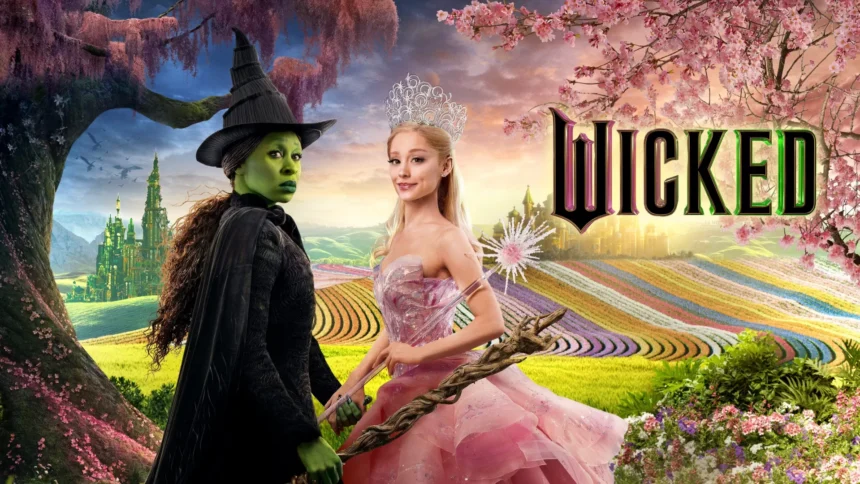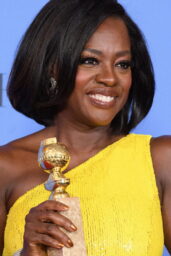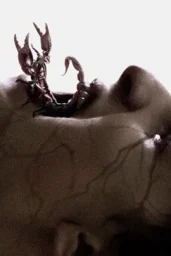The road to the Oscars is always unpredictable, and this year is no exception. Seth Abramovitch of The Hollywood Reporter believes that Wicked, the cinematic adaptation of the beloved Broadway musical, has a real shot at claiming the Best Picture Oscar. If it succeeds, it could represent a revival of commercial hits thriving at the Academy Awards.
Abramovitch notes the lack of a clear frontrunner in this year's race, unlike last year when Oppenheimer dominated discussions. At screenings in New York, Los Angeles, and the Academy's own theater, Wicked received standing ovations and unanimous praise. These responses, described as “on another level,” mirror the buzz seen in prior years for movies like Christopher Nolan's epic biographical drama.
Thematically, Wicked's exploration of a dystopian Oz with a fascist Wizard resonates with current political discourse. Abramovitch draws parallels between the film and the results of the recent U.S. elections, suggesting that the movie's allegory could unite Academy members seeking to make a statement. One voter commented, “If your vote for president didn't count, you're going to make it count for Wicked.”
While skepticism remains about awarding Best Picture to “half a movie” — Wicked: Part One — its strong early reception indicates it could climb the ranks. It currently sits at #6 on Gold Derby's prediction charts, but its upward trajectory seems inevitable.
As the buzz grows, Wicked is carving out its place alongside other likely nominees, such as Dune: Part II and Anora. The coming weeks will reveal whether it can sustain momentum and defy industry expectations.
My Impressions: The possibility of Wicked claiming Best Picture is intriguing, but not without hurdles. Its universal themes and crowd-pleasing spectacle give it an edge, yet its status as the first part of a two-film saga could be a sticking point. Nevertheless, its emotional impact and political undertones might resonate strongly with Academy voters this year.
Do you think Wicked has what it takes to win Best Picture, or will its two-part structure work against it?












